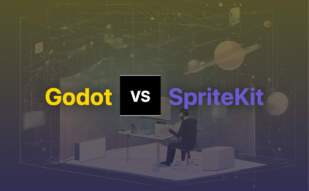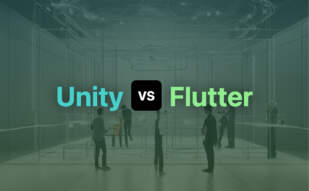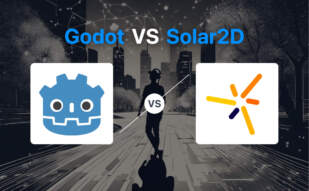For streamlined scene-based game development, Godot is the preferred option with its node system and robust scripting languages. However, if you need an efficient software toolkit for multi-platform app development with rich UI, pick Flutter. Its versatile widget-based design and cross-platform consistency make it a go-to choice.
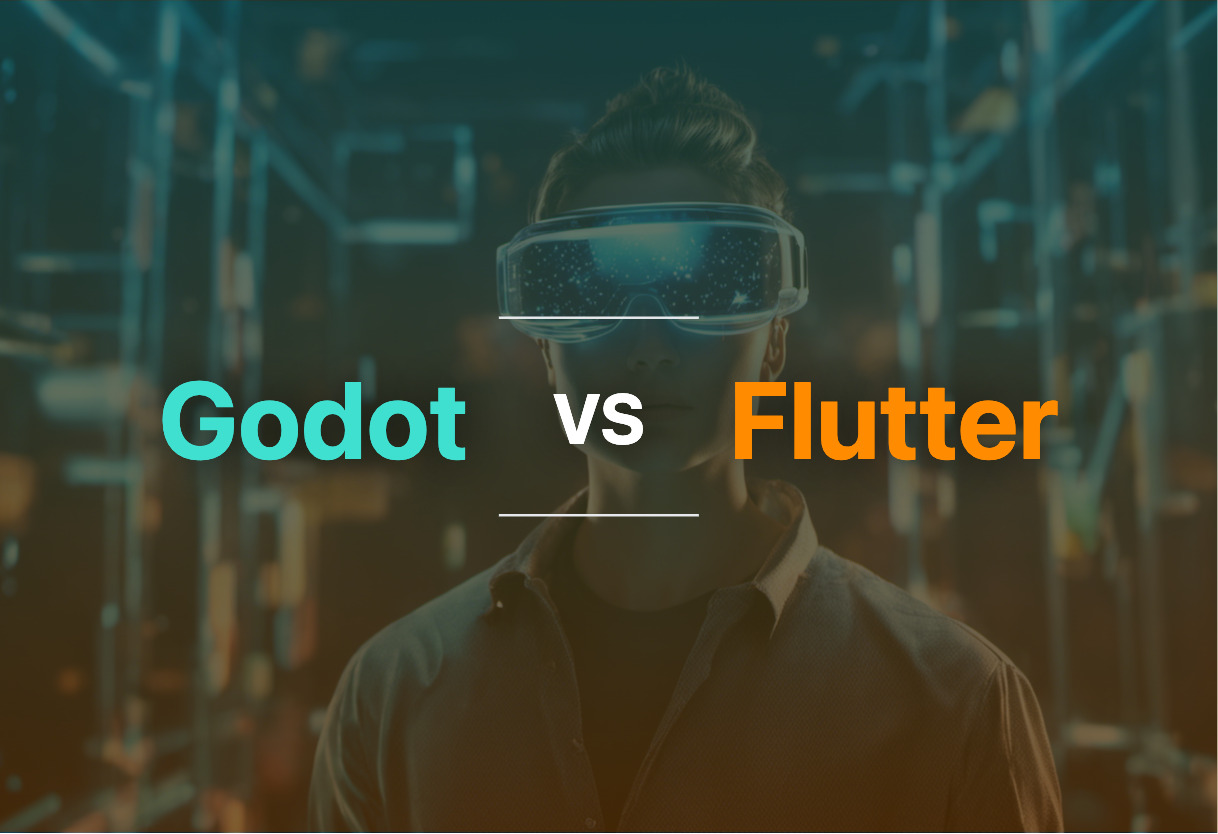
Key Differences Between Godot and Flutter
- Coding: Godot employs GDScript, C++, C# while Flutter uses Dart, C and C++.
- Core Function: Godot functions as a game engine while Flutter is a UI software toolkit.
- Design System: Godot uses a scene and node system, Flutter employs a widget-based design.
- Performance: Godot offers versatile support for high and low-end devices. Flutter aims for consistent rendering at 120 fps.
- Platform: Both are cross-platform, yet Flutter has a wider range including web and mobile OS.
- Development Community: Godot has an active open-source community, Flutter is backed by Google ecosystem.
| Comparison | Godot | Flutter |
|---|---|---|
| Programing Languages | GDScript, C++, and C#, community support for Rust, Nim, Haskell, Clojure, Swift & D | C, C++, and Dart |
| Years of Experience | Present since 1953 | Initial release in May 2017 |
| License Type | Free under MIT license | Open Source |
| Target Audience | Developers globally | Developers, designers and Flutter enthusiasts globally |
| Platform support | Windows, macOS, Linux, Android phones & tablets, many Web platforms | Android, iOS, Google Fuchsia, Web platform, Linux, macOS, and Windows |
| Key Feature | Scene-driven design | Consistent rendering at 120 frames per second |
| Development Type | Game development | UI software development |
| Community Support | Yes | Yes |
| Performance | High and Low-end devices | Improved performance on iOS devices by ~50% |
| Level of Difficulty | Ideal for both beginners & experienced game devs | Intermediate level and upwards |
| Database Integration | Yes | Yes |
| Editor | Built-in visual editor | Supported IDEs are IntelliJ IDEA, Android Studio, Visual Studio Code and Emacs |
| Workflow | Specialized 2D workflow for games and apps | Offers potential for cross-platform, layout and foundational libraries development |
| Recent updates | Godot 3.5 supports Android phones & tablets | Flutter 3.7 launched in January 2023 |
What Is Godot and Who’s It For?
Godot is an open-source game engine that empowers creators with intuitive scene-driven design built from simple blocks. Nodes fashion complex, reusable scenes to combine into full-featured components. With the built-in scripting language GDscript, you’re granted a tightly integrated environment for streamlined game logic. It supports C# for .NET platform and many other language bindings like Rust, Nim, and Python through the community. Wide-ranging 3D engine support caters to both high and low-end devices.
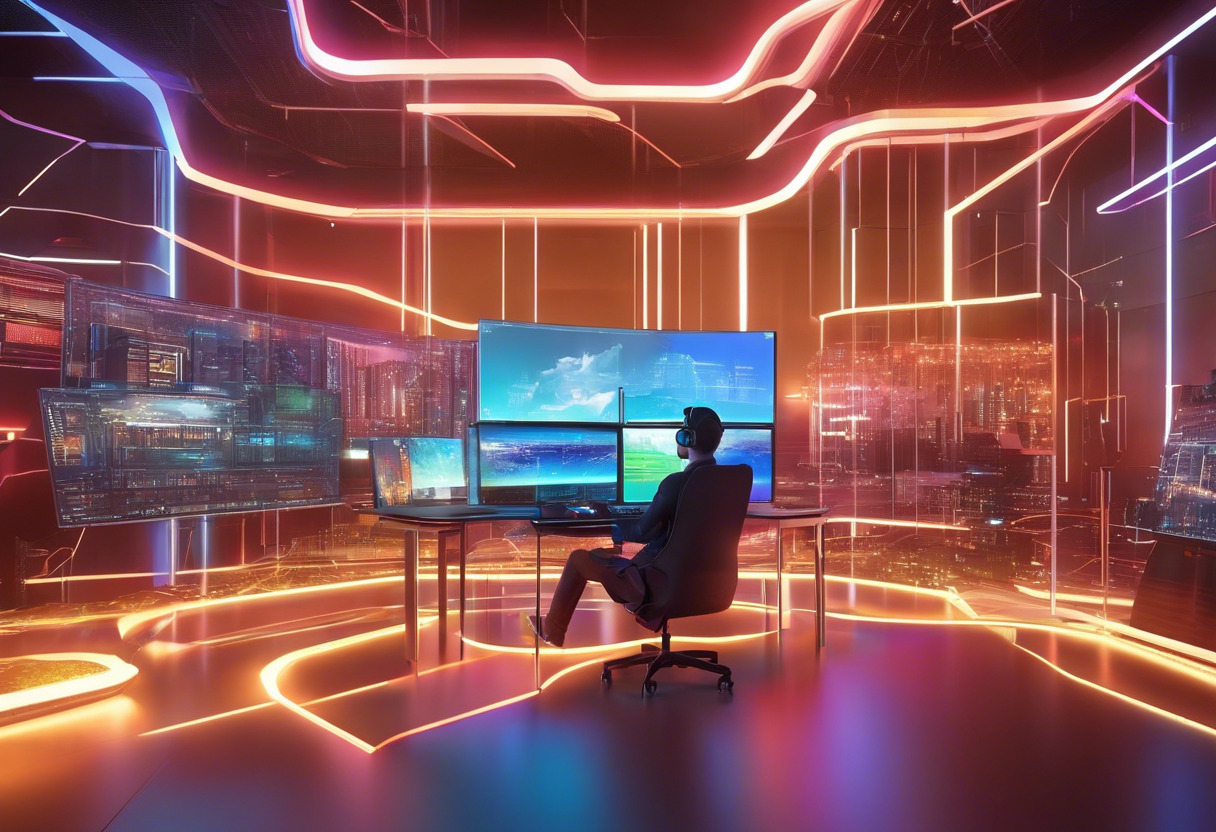
Pros of Godot
- Free and open-source under MIT license
- Intuitive design with nodes for complex scenes
- Supports multiple scripting languages
- Wide platform support including Windows, macOS, and Linux
- Regular updates and improvements with a large user community.
Cons of Godot
- Limited support for .NET platforms
- Not suitable for complex 3D game development
- Community support necessary for certain languages.
What Is Flutter and Who’s It For?
Flutter, an open-source UI software development kit, is rooted in languages C, C++, and Dart, with impressive across-the-board platform performance. Launched by Google in May 2017, Flutter aims for consistent rendering at 120 frames per second. Its widget-rich programming environment supports animations and gestures, with the same UI running perfectly across multiple platforms—from Android and iOS to Linux, macOS, and Windows.
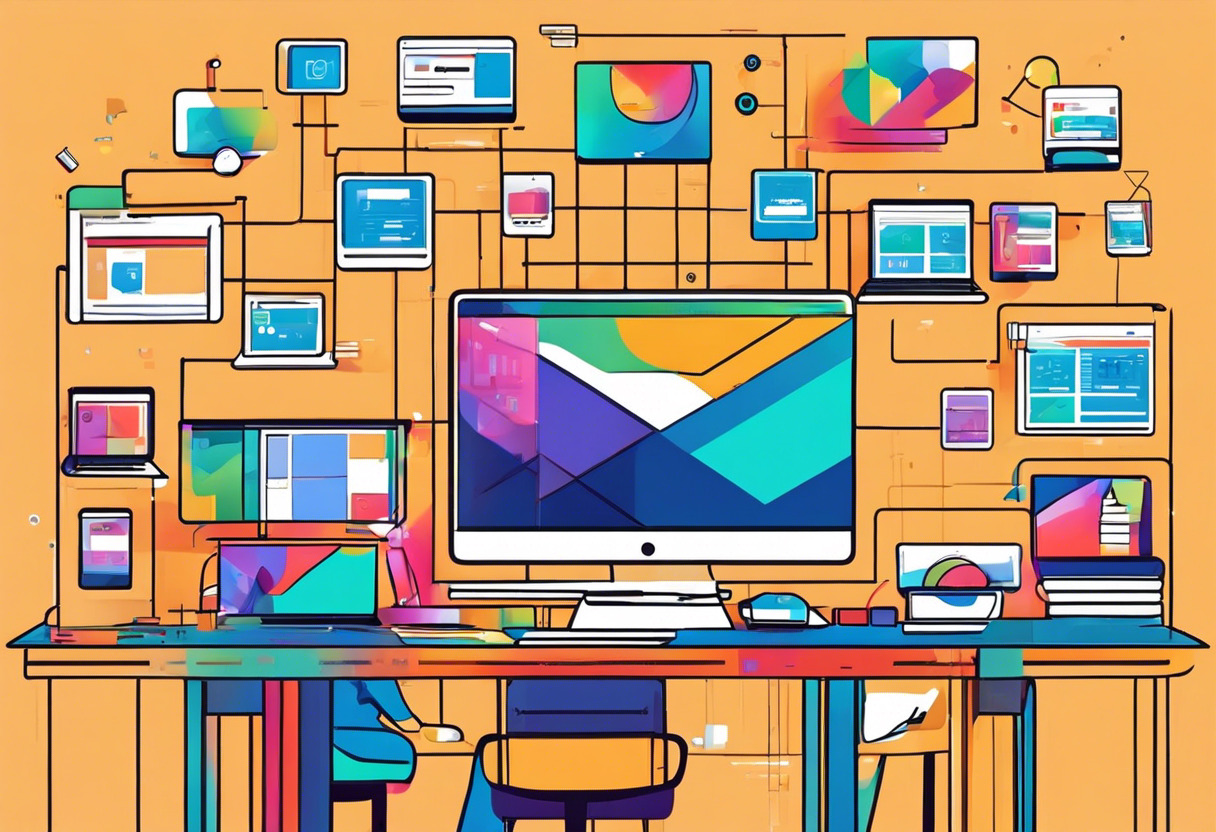
Pros of Flutter
- Complete cross-platform support
- Consistent rendering at high frame rates
- Rich widget catalog and support for animations and gestures
- Wide ecosystem for app development and third-party packages
Cons of Flutter
- Ahead-of-time (AOT) compilation can be complex
- Less efficient compared to native app development
- Requires knowledge of Dart language.
Godot vs Flutter: Pricing
Both Godot and Flutter are open-source software offering free usage with no hidden fees.
Godot
As an open-source game engine licensed under MIT, Godot is completely free without any licensing fees, contracts, or concealed charges. This includes access to the full modifiable codebase, permitting developers to tailor the software to their specific needs without any additional expenditure.
Flutter
Developed by Google, Flutter is freely accessible for all developers. As an open-source UI software development kit, it allows the design of multi-platform applications without incurring any charges. It empowers the community to continually upgrade and enhance the software, promoting innovation without cost barriers.
Code Examples for Godot & Flutter
Godot
This Godot snippet demonstrates how to implement a simple AI in your 2D game. The character moves towards the player only within a specific range. Necessary prerequisites include a basic understanding of Godot’s scripting language, GDScript.
extends KinematicBody2D
var speed = 200
var player
func _ready():
player = get_node("../Player")
func _process(delta):
var direction = Vector2()
if player.position.distance_to(position) < 200:
direction = player.position - position
move_and_slide(direction.normalized() * speed)Flutter
This Flutter sample shows how to create a simple, customizable countdown timer. Ensure you have the ‘flutter’ package installed and updated to the latest version.
import 'package:flutter/material.dart';
import 'dart:async';
void main() {
runApp(MyApp());
}
class MyApp extends StatefulWidget {
@override
_MyAppState createState() => _MyAppState();
}
class _MyAppState extends State<MyApp> {
int _start = 10;
void startTimer() {
const oneSec = const Duration(seconds: 1);
Timer.periodic(
oneSec,
(Timer timer) => setState(
() {
if (_start < 1) {
timer.cancel();
} else {
_start -= 1;
}
},
),
);
}
@override
Widget build(BuildContext context) {
return MaterialApp(
home: Scaffold(
body: Center(
child: Column(
mainAxisAlignment: MainAxisAlignment.center,
children: <Widget>[
RaisedButton(
onPressed: () {
setState(() {
_start = 10;
});
startTimer();
},
child: Text("start"),
),
Text("$_start"),
],
),
),
),
);
}
}Declare Your Tech Allegiance: Godot or Flutter?
In the realm of technology, picking the perfect tool can make or break your success. Move on from the tedious comparison phase, as we’ve mined the pros and cons of Godot and Flutter, two titans in the industry. Let’s crown your winner.
For Game Enthusiasts with Style for Simplicity
Godot is your daring companion. Structured for simplicity, it ensnares with its scene-driven design and node-based architecture, providing the flexibility and customization you hunger for. Rejoice in the abolition of licensing fees and contract loopholes. Alleviate the storage struggle with the gift of a storage solution specialized for teamwork. However, edge away from complex 3D endeavors, as Godot can falter with such sophistication.
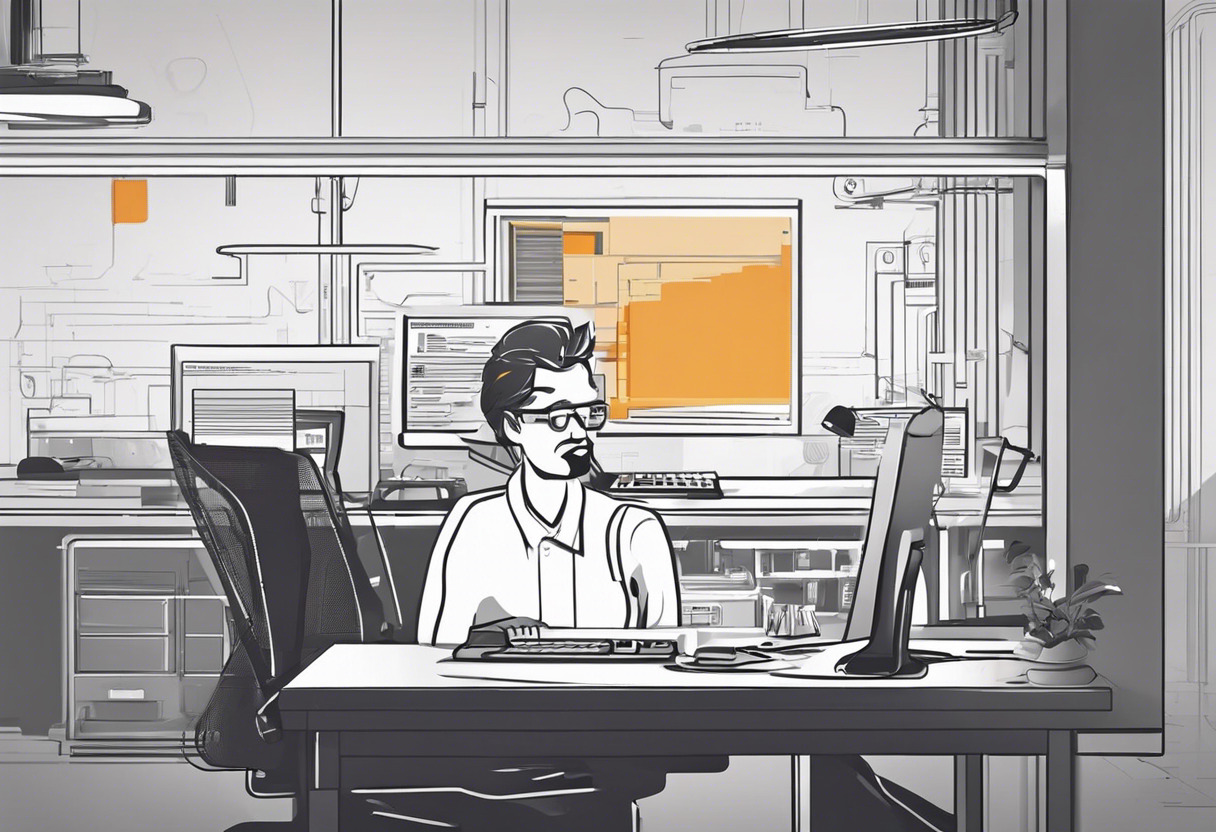
For UI Crusaders Craving Cross-Platform Compatibility
Let Flutter be your weapon of choice. Conceived by Google, it gifts you with consistency at a thundering 120 frames per second. Embrace the advantage of its wide range of platform support and relish in its proven evolution from version 1.0 to 3.7. Delight in the versatility of the powerful Dart language and find solace in Flutter’s dedication to improvement with consistent updates. Ensure you remain mindful of your system specifications, as the Flutter engine can devour resources.
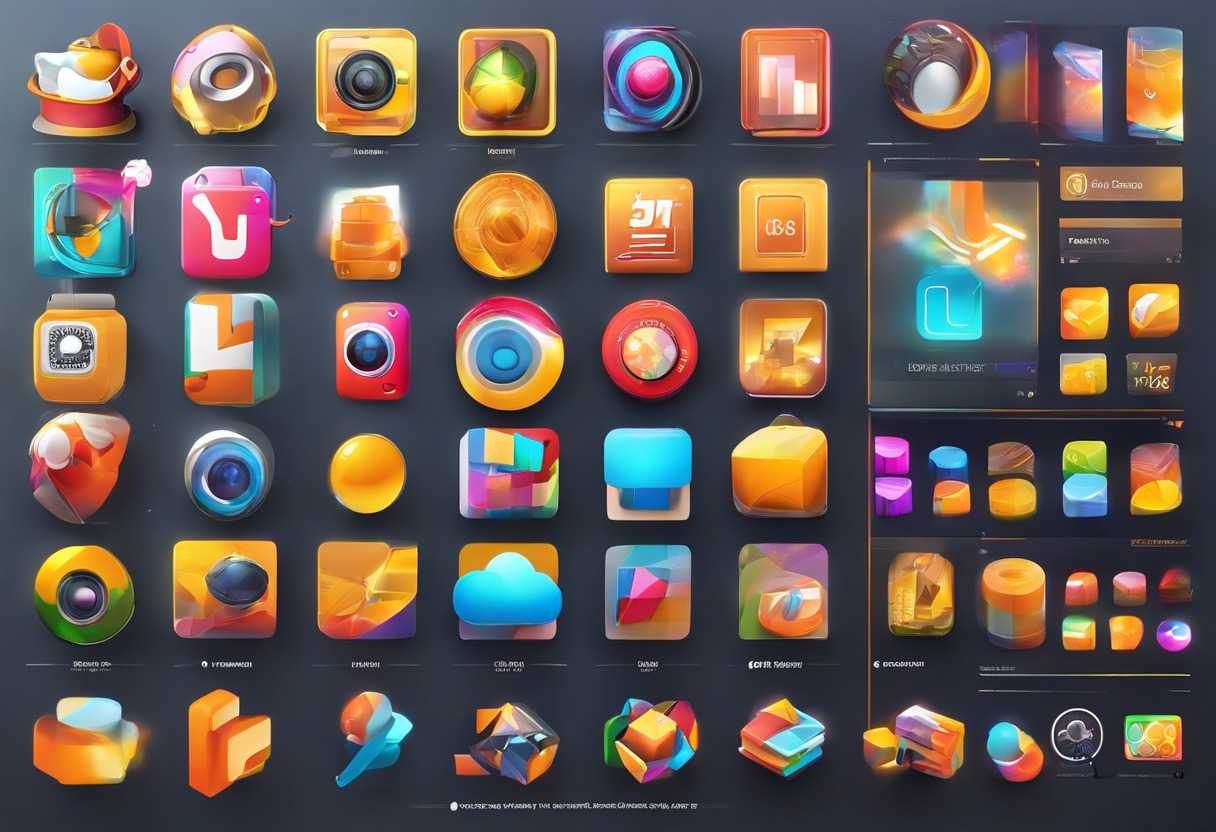
For AR/VR Innovators with Taste for Performance
For those entrenched in AR/VR, the immersive game development environment provided by Godot is a splendid match. With its 3D engine adept at supporting high and low-end devices, an expansive toolset and direct import of Blender files, Godot is the vehicle to drive your AR/VR creativity.
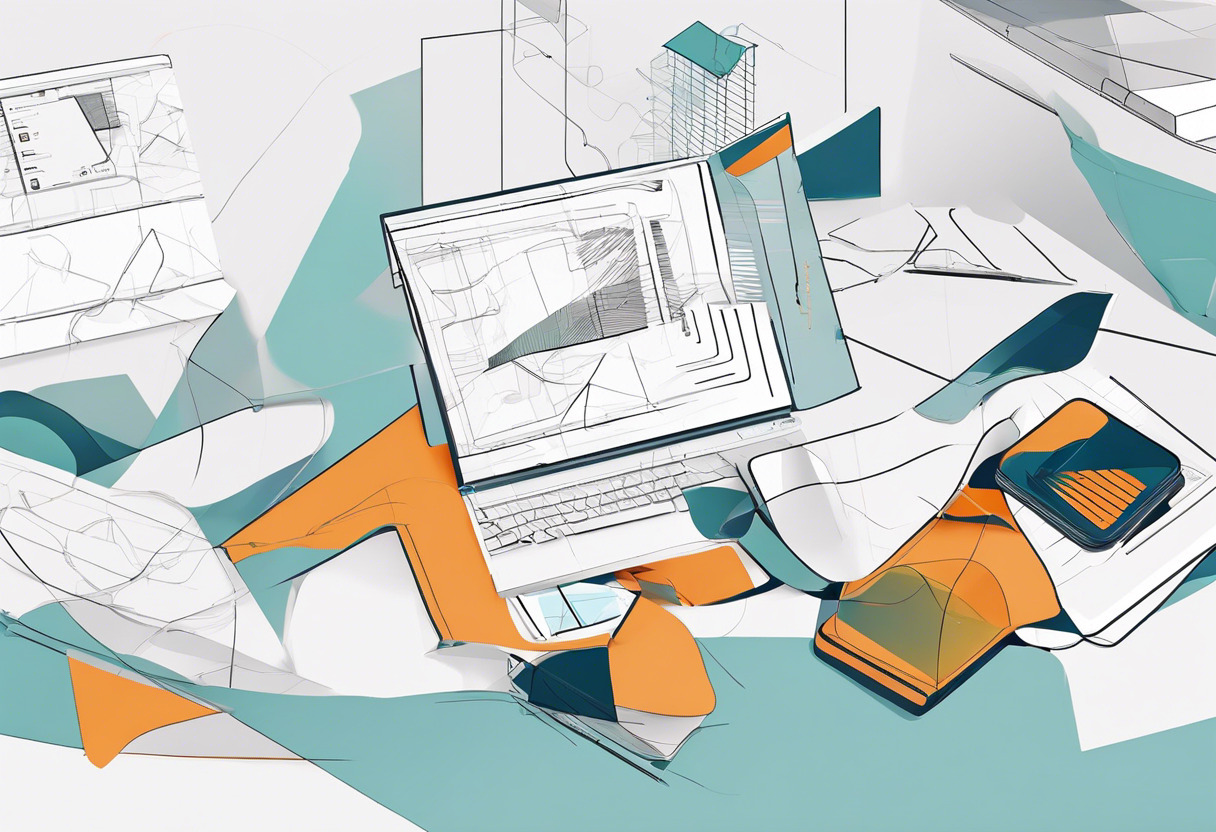
Endowed with <60-word> synthesis – Flutter, the king of UI-driven interfaces, powerful and diverse enough to flex on multiple platforms. Godot, the component-guru in the gaming circuit, simple yet effective, but hesitant in high-tier 3D tasks. Let your preference dictate your pick, based on specific project requirements and willingness to learn.
Grant Sullivan
Content writer @ Aircada and self proclaimed board game strategist by day, AI developer by night.



